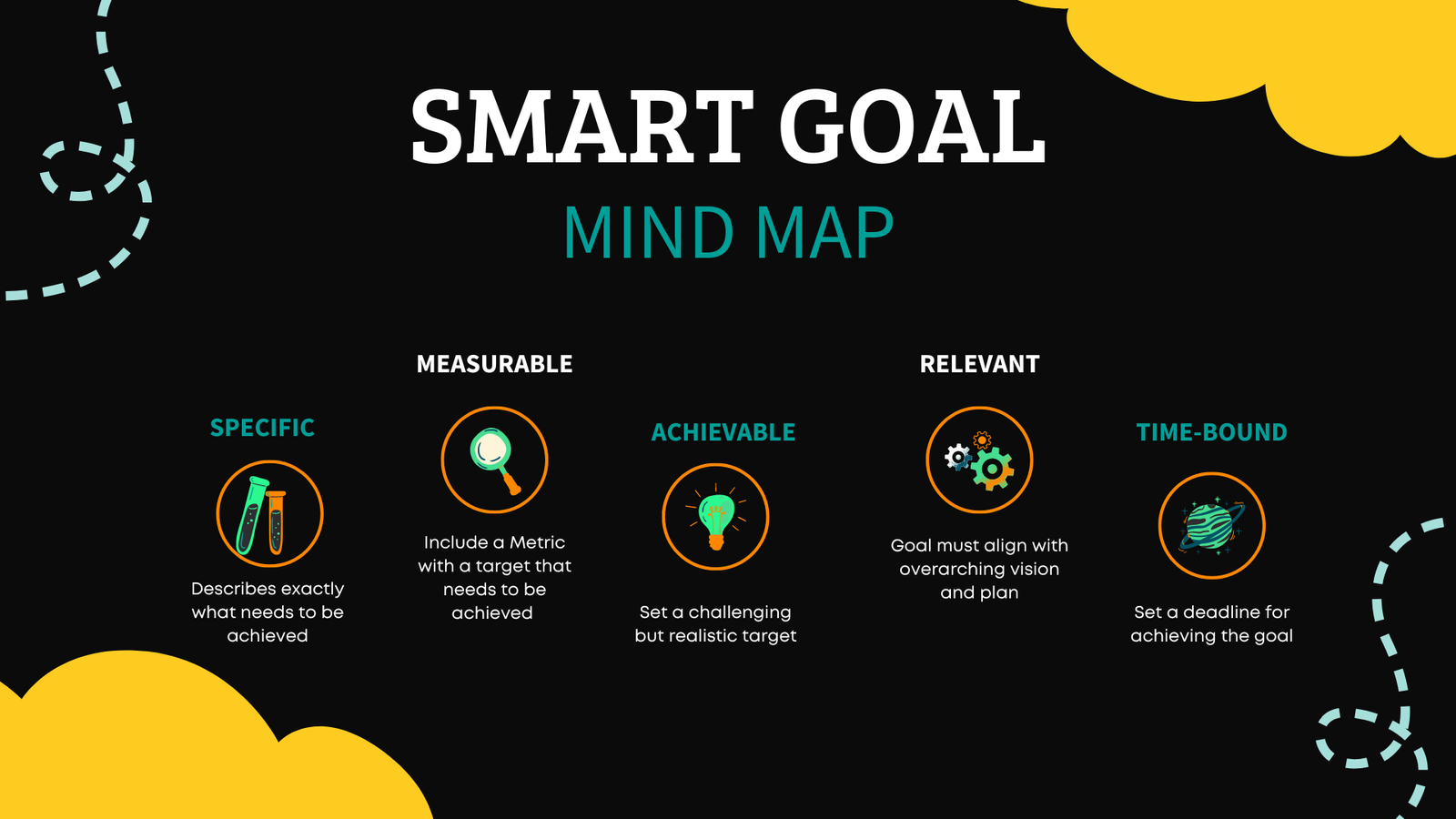Starting a small business can be a rewarding venture, both personally and financially. With the right approach and understanding of critical steps, aspiring entrepreneurs can significantly increase their chances of success. This comprehensive guide outlines essential strategies aimed at helping you navigate the early, yet crucial, phases of business development.
Conduct Thorough Market Research
Understanding Market Needs
Conducting thorough market research is crucial in ensuring your business idea fulfills an unmet need within your community. Effective strategies may include surveys, focus groups, and scrutiny of existing data. By actively gathering insights regarding potential customers’ preferences and behavior, you can establish whether there’s a market for your product or service.
Analyzing Competitors
An effective competitor analysis is also vital. Utilize available SEO and public data to assess your competition’s strengths and weaknesses. The right tools and resources can greatly enhance your understanding of the competitive landscape, equipping you for strategic positioning in the marketplace.
Develop a Solid Business Plan
Components of a Business Plan
A robust business plan is instrumental in ensuring growth and sustainability. Your business plan should clearly outline the purpose of your venture, identify your target audience, and establish defined goals. Key components include details on financing startup costs, marketing strategies, and operational plans.
Staying Focused on Your Goals
Your business plan acts as your compass, guiding you through potential challenges and opportunities. Keeping your plan adaptable ensures you remain responsive to changing market conditions while staying focused on your overarching goals and objectives.
Secure Necessary Funding
Funding Options Explained
Securing the right funding is a pivotal aspect of starting a business. There are several options available including self-funding, small business loans, and grants. Crowdfunding through platforms like Kickstarter has also emerged as a popular source for initial funding.
Pros and Cons of Each Option
Each funding avenue carries its advantages and disadvantages. Self-funding may result in high financial risk while grants can provide essential resources without repayment obligations. However, the application process for grants can be time-consuming and competitive. Evaluate the pros and cons of each option to determine the best fit for your needs.
Register Your Business and Obtain Necessary Licenses
Understanding the Registration Process
The registration of your business is essential for legal compliance and acquiring necessary protections. This process may vary depending on whether you’re registering at local, state, or federal levels. It’s important to apply for an Employer Identification Number (EIN) from the IRS to facilitate tax obligations and other administrative requirements.
Importance of Licenses and Permits
Securing necessary licenses and permits related to your specific industry is a fundamental requirement for legality and operation. Ensure you are aware of and comply with local regulations to avoid potential setbacks in your business journey.
Choose the Right Business Structure
Types of Business Structures
The structure you choose for your business—be it a sole proprietorship, LLC, or corporation—has significant legal and tax implications. Understanding the distinguishing features of each structure will allow you to make an informed decision that aligns with your goals.
Consulting Experts for Legal Protection
Consulting with legal and financial advisors can safeguard your business by ensuring you select the most appropriate structure according to your specific needs, while also providing guidance on compliance and operational flexibility.
Ensure Proper Insurance and Compliance
Selecting Suitable Insurance Coverage
Investing in proper insurance is vital for your business’s long-term health. Options include general liability insurance, business interruption insurance, and any other specific coverage required by your industry. This precaution helps protect your enterprise from unexpected risks.
Meeting Compliance Standards
Adhering to government regulations and industry standards is non-negotiable for maintaining a good business reputation and avoiding legal complications. Ensure your operations are compliant, keeping up-to-date with changes in regulatory requirements.
Select the Right Tools and Technology
Streamlining Operations
Utilizing the right tools can significantly streamline operations and save time. Software solutions like Homebase for managing scheduling and payroll can make daily operations more efficient. In a digital age, leveraging technology will also enhance communication and productivity.
Leveraging Automation for Efficiency
Automating routine tasks not only saves effort but also improves overall business efficiency. Consider investing in tools that reduce manual labor, thereby allowing you to focus on core business activities and foster growth.
Identify a Scalable and Profitable Business Idea
Characteristics of a Good Business Idea
A good business idea meets a market need, possesses a competitive advantage, and holds scalability potential. It’s essential to align your idea with your skills, budget, and availability to ensure its viability.
Popular Profitable Business Ideas
Current trends indicate that digital freelancing, dropshipping, and social media management are lucrative and scalable business ideas. Thoroughly evaluate your interests and capabilities when choosing your business concept.
Focus on Customer Needs and Market Demand
Understanding Your Target Audience
Analyzing customer preferences allows your business to create tailored offerings that resonate. Engaging in targeted market research ensures that you address specific problems faced by your audience, positioning your business effectively.
Creating a Unique Selling Proposition
Establishing a clear unique selling proposition (USP) will differentiate your business from competitors. Articulating your value effectively is crucial in attracting and retaining customers.
Adapt and Be Prepared for Challenges
Developing Resilience as an Entrepreneur
In the entrepreneurial landscape, challenges are inevitable. Developing resilience and flexibility in your business strategies will enable you to adapt swiftly to changes or setbacks without compromising your progress.
Learning from Setbacks
Viewing challenges as opportunities to learn can enhance your growth as an entrepreneur. Embracing mistakes and failures allows you to refine your approach and make more informed decisions moving forward.
Your Path to Small Business Success
By following these essential steps and insights, you can lay a strong foundation for your small business. With a clear plan and persistent effort, you will be better equipped to navigate the exciting journey of entrepreneurship.
Call to Action
Have you started a small business? Share your experiences or thoughts in the comments below! And for more valuable insights and news, feel free to explore FROZENLEAVES NEWS.
“`






